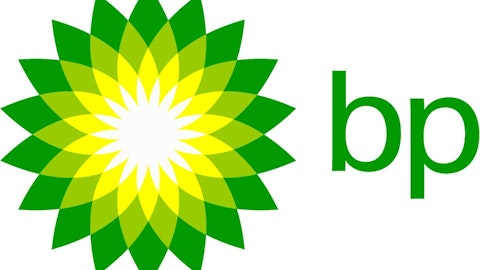Big Oil is spending a large portion of their revenues on procuring new, viable, sources of oil and so we ask ourselves, where does the money go? The majority of the money is being spent on support services. As a result, to find the biggest profits as an “oil” investor, you have to drill down past the obvious investments in Big Oil and that is where Valero comes in to play.
Recent Developments
On Jan. 30, William R. Klesse, the current CEO of Valero Energy sold about 68,000 shares of Valero’s stock at a price of $42.90 for an approximate value of $2.92 million. Furthermore, according to Valero’s 8K filings, over $18.65 million of shares have been sold by company insiders during last three months alone. That begs the question, what is going on at Valero?
After some careful digging into the 10K filing, it turns out that this was simply Valero’s officers executing stock incentive plans that would have otherwise expired; it does not signal any problems, in fact, it is quite the opposite.
At the time of this writing, Valero shares ended higher by 0.11% to $44.90 and made a new 52-week high of $45.53 on over 11.54 million shares, compared to its average volume of just 9.55 million shares. I believe it has to do in large part with two critical factors that did not make mainstream news and that makes Valero a strong buy for the smart money:
Valero Terminaling and Distribution, a subsidiary of Valero Energy, and TGS Development LP have formed a 50-50 joint venture. This joint venture to build a new marine terminal on the lower Sabine-Neches Waterway near Port Arthur, Texas, is scheduled to be complete in the fourth quarter of 2013.
This new marine terminal can and will receive crude tankers, up to and including the Suezmax class. The crude dock will deliver crude oil through a new 36-inch pipeline to Valero’s Port Arthur Refinery and will have the flexibility to connect to other local refineries as well. Most important to investors is that it will be able to operate without the daylight restrictions imposed on other terminals in the upper Sabine-Neches waterway. This means more throughput with 24 hour operations and so ultimately, more revenue.
Second, Valero has been awarded multiple multimillion-dollar contracts by the U.S. Defense Energy Support Center (DESC) to provide fuel to Israel. How much is this contract worth? It is unknown at this time, but from 2004 to 2009, Israel was supplied with over 500 million gallons of refined oil products, which at the time was estimated to be worth almost $1.1 billion.
The Bottom Line
Valero is poised for record profits. Currently, Valero stock price is in a small retraction from its three-year high of about $46. If you consider that Valero was trading at almost $80 per share as near as five years ago, its market cap of $25.2 billion, and a nice dividend yield of about 1.75%, is it no wonder that the smart money is long on Valero.
The article A Long-Term Power Play in Energy originally appeared on Fool.com and is written by Jordo Bivona.
Copyright © 1995 – 2013 The Motley Fool, LLC. All rights reserved. The Motley Fool has a disclosure policy.





